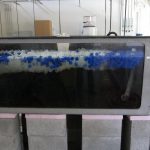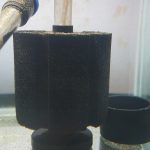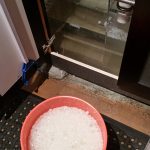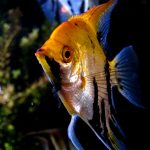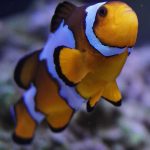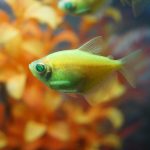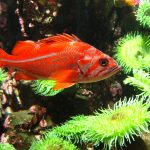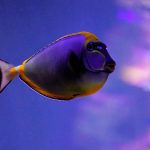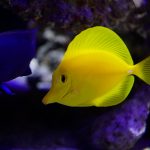Biological filtration can occur on nearly any surface in a display or life support system that remains wet. This type of filtration is regarded as biological due to certain genera of bacteria, which are able to convert harmful types of nitrogen compounds, such as ammonia and nitrites into less harmful nitrates. Although there are designated areas of a life support system where biomedia provide adequate surface area for these bacteria to thrive, these bacteria live in and on your display tank, the aquascaping, the plumbing, inside your sump, and almost everywhere else.
For a more thorough explanation, let’s start with how the nitrogen cycle works in your system.
Ammonia (NH3) → Nitrite (NO2) → Nitrate (NO3)
- Ammonia (NH3) – Ammonia is a natural waste product of aquatic animals. Although some is released from the vents of animals, most is released through the gills. Ammonia also enters water via decomposing food, animal waste, decaying plant material and other substances. Ammonia at any level is harmful to aquatic animals and your biofilter. In a healthy, cycled system, some genera of nitrifying bacteria oxidize units of harmful ammonia into units of less harmful, but still toxic nitrite.
- Nitrite (NO2) – Any nitrite present in your system water is almost certainly the result of biological filtration (i.e., ammonia oxidized into nitrite.) In a healthy, cycled system, there should be only the barest trace of NO2 present in the water, as other genera of nitrifying bacteria oxidize NH3 on a constant basis, preventing the nitrites from building up and impairing respiration.
- Nitrate (NO3) – At this step in the cycle, different genera of nitrifying bacteria oxidize units of harmful nitrite into much less harmful nitrate. When we begin to see NO3 in a new system, we know that the system is cycled and the biological filtration (nitrifying bacteria) is becoming established. Once units of ammonia are ultimately oxidized into NO3, the nitrate begins to accumulate in the water, which can be removed by living plants, specific types of chemical filtration media and/or water changes. It is normal for us to see some levels of nitrate in closed systems but it is important not to let them build up too much, as elevated NO3 levels can also impair respiration in aquatic animals. It also leads to unwanted and unsightly algae blooms.
Simply put, nitrifying bacteria need most of the same things your animals need:
- Good, stable water chemistry
- Adequate aeration
- Good turnover rates on the system
- In freshwater systems, adequate levels of carbonates
- Proactive care to ensure that the bacteria can continue to help maintain good water quality
This is a very simple overview of how nitrifying bacteria provide biological filtration in any type of closed recirculating system. Lots of online and published resources (as well as hobbyists) claim that these bacteria “eat” NH3 and NO2 but that is a common misconception. These bacteria are oxidizing these compounds into less harmful compounds and this process happens in rivers, lakes, streams and all other living bodies of water all over the world.
Dedicated, Reliable Portland Aquarium Maintenance Professionals
When we provide maintenance services for an aquatic system in a client’s home or business, we proactively manage the health of the system in order to promote and protect the health of the animals living in it. Water quality testing is one of the most effective ways we have to determine the health of their biolfilter and we base our maintenance decisions on interpreting the test results. If you would like to learn more about biological filtration, how we interpret WQ results and how that informs our decisions, ask us anytime we’re working on your tank or give us a call at (503) 784-4403.
